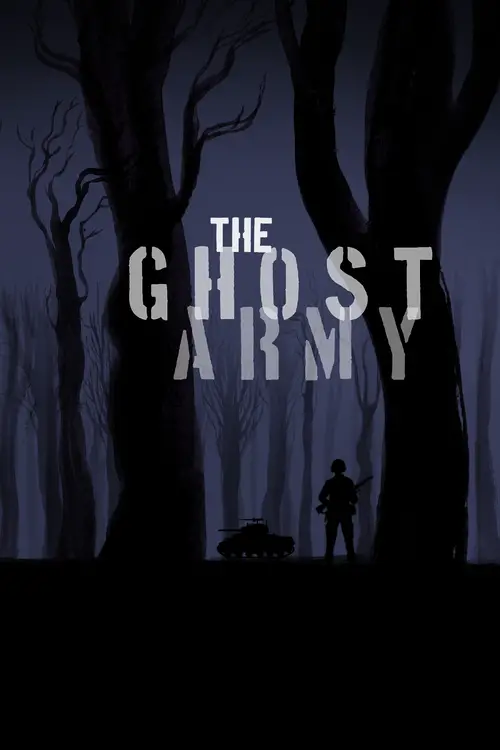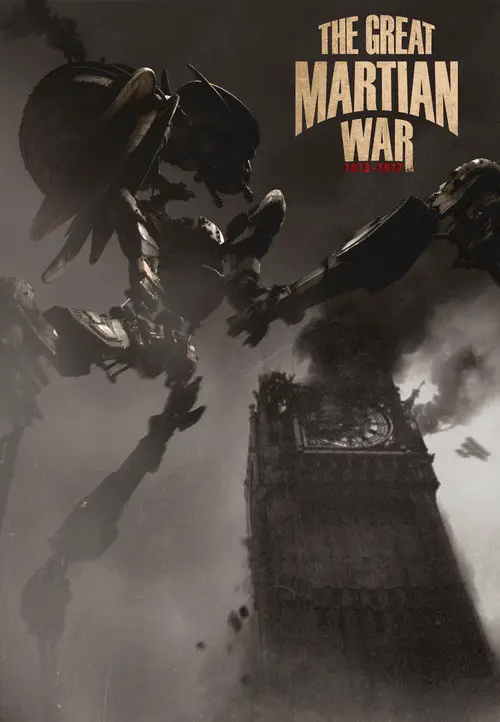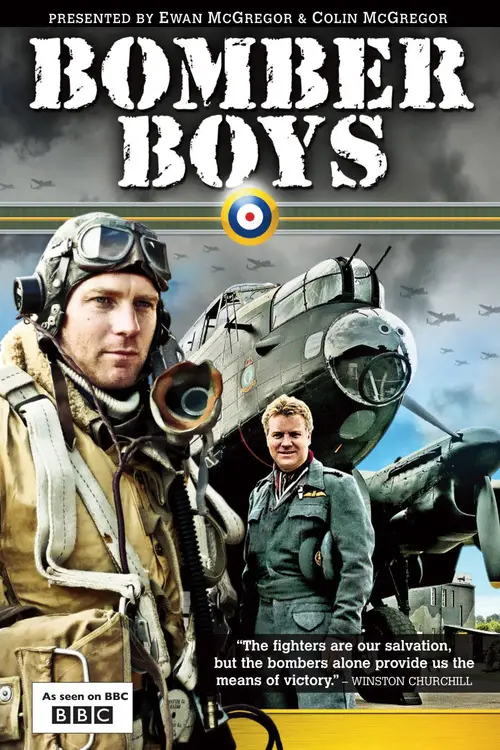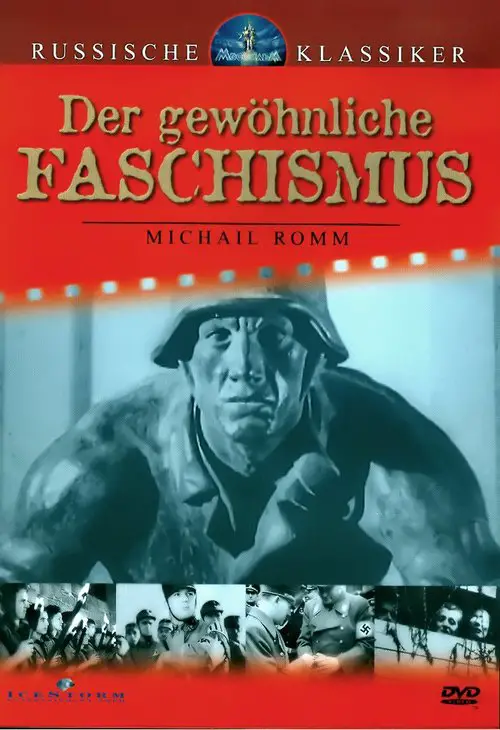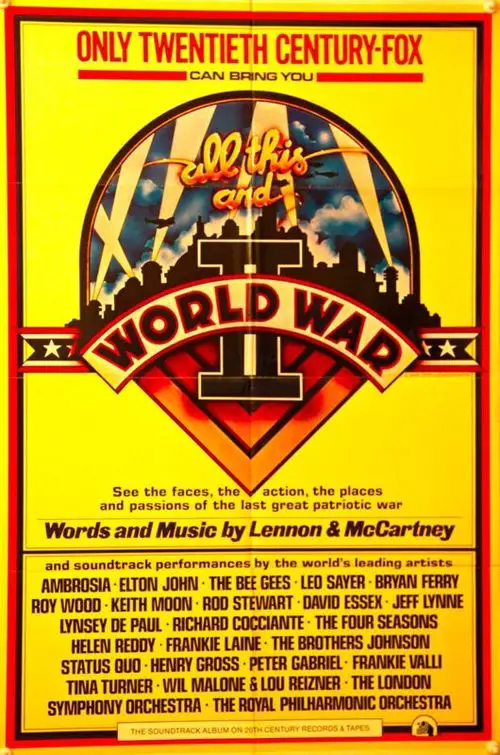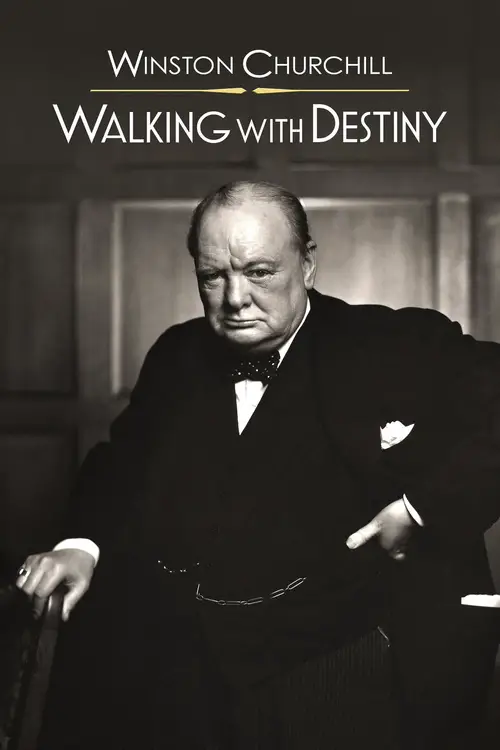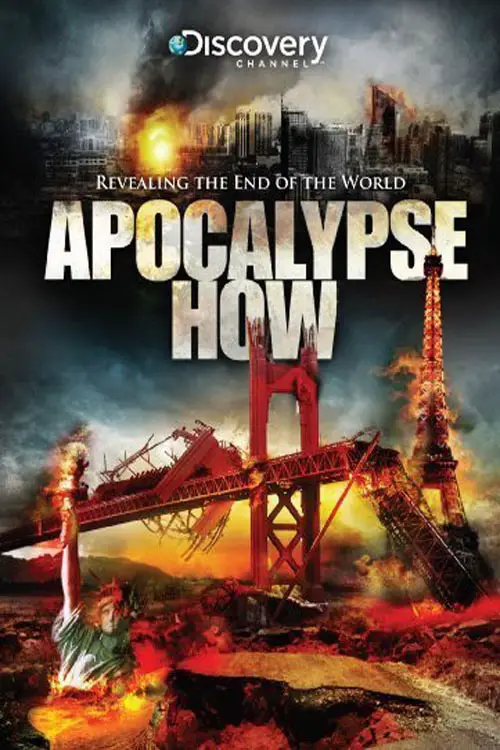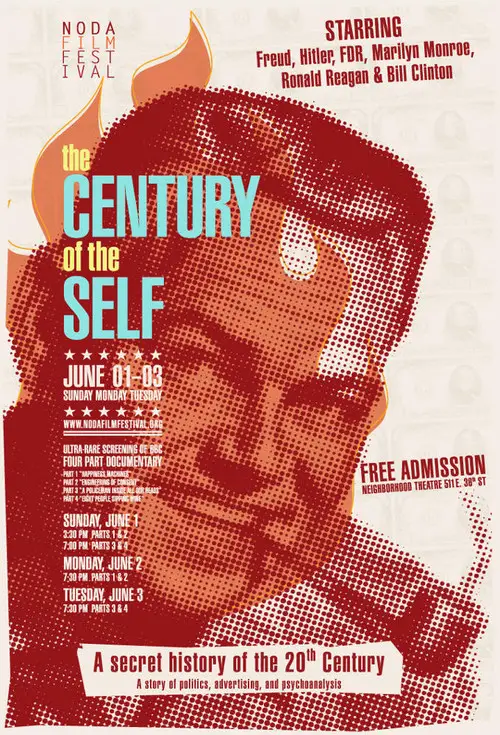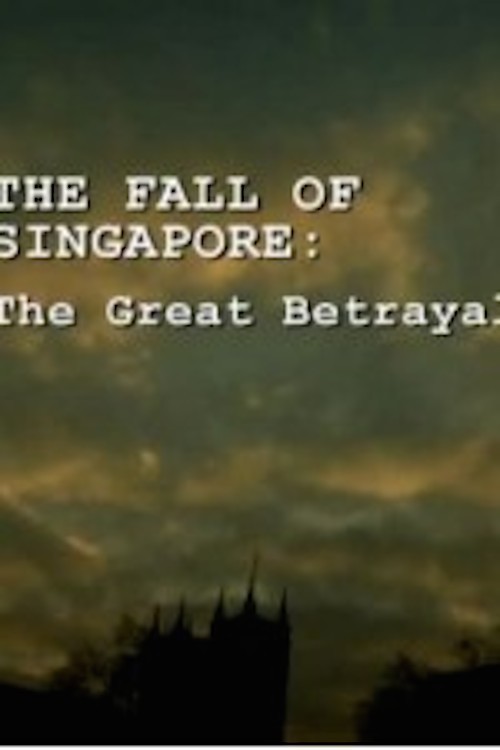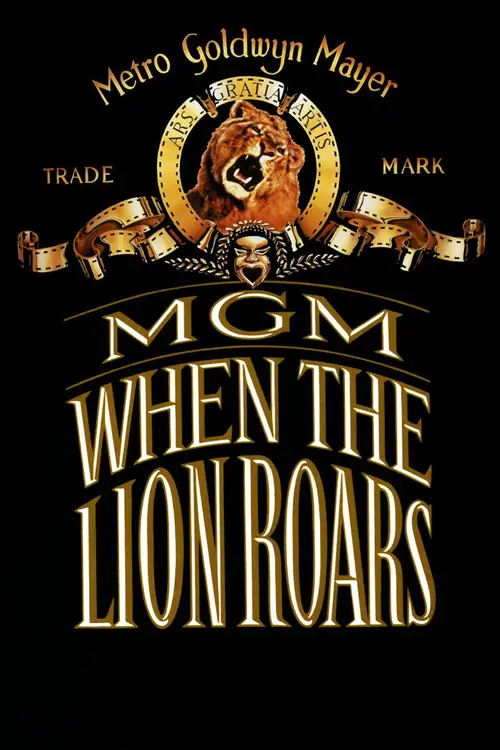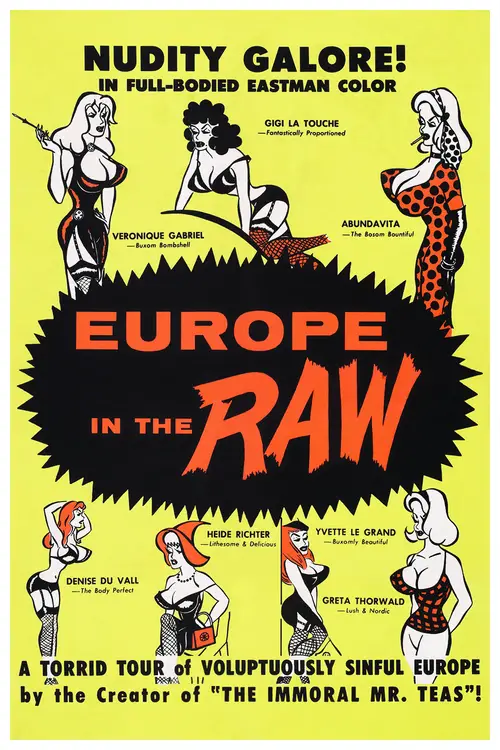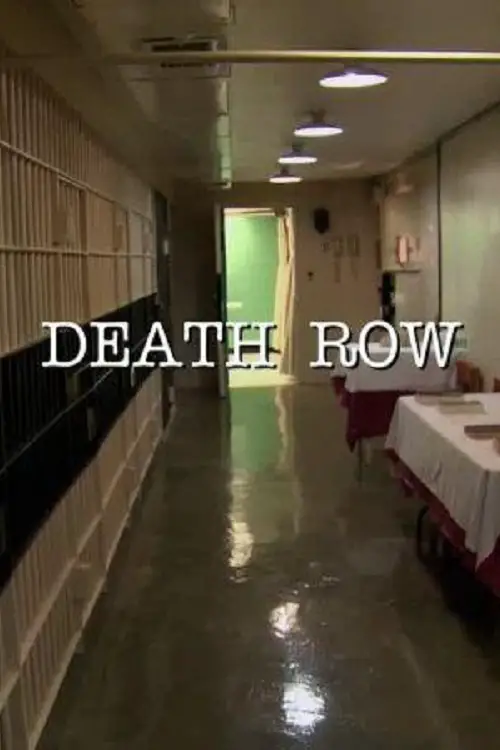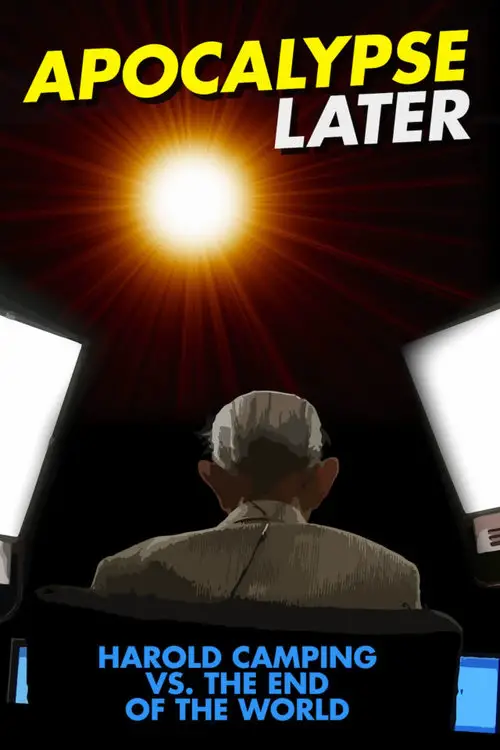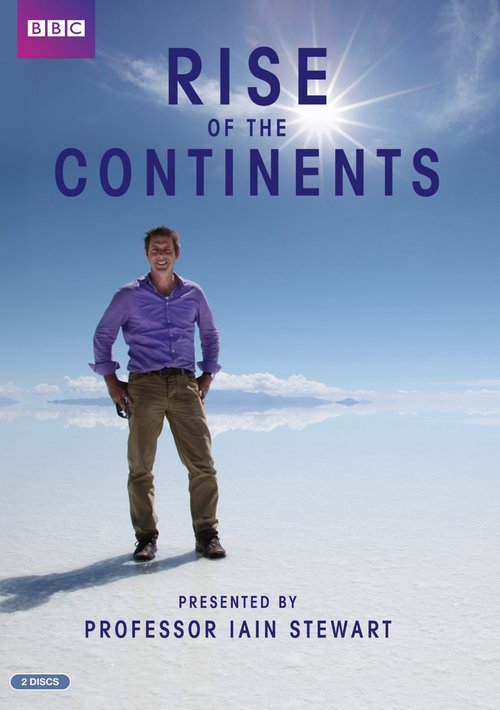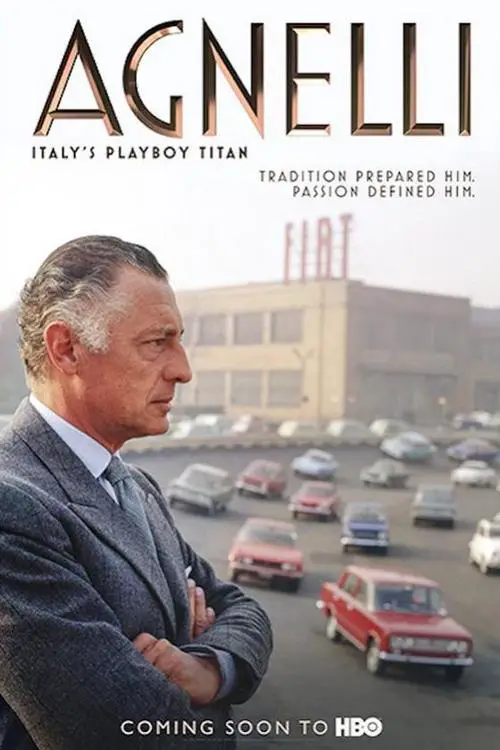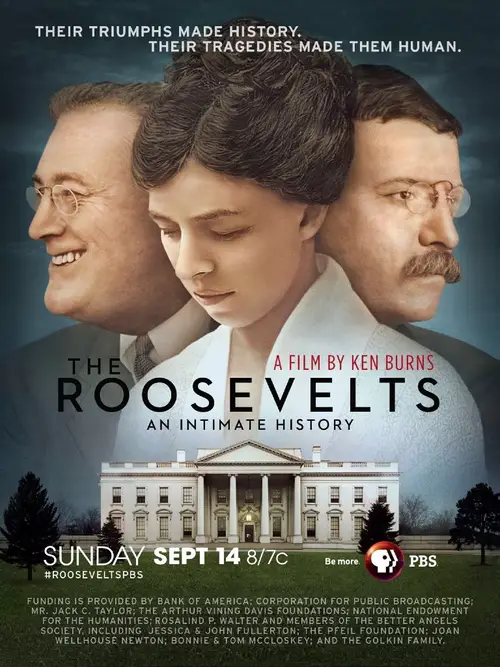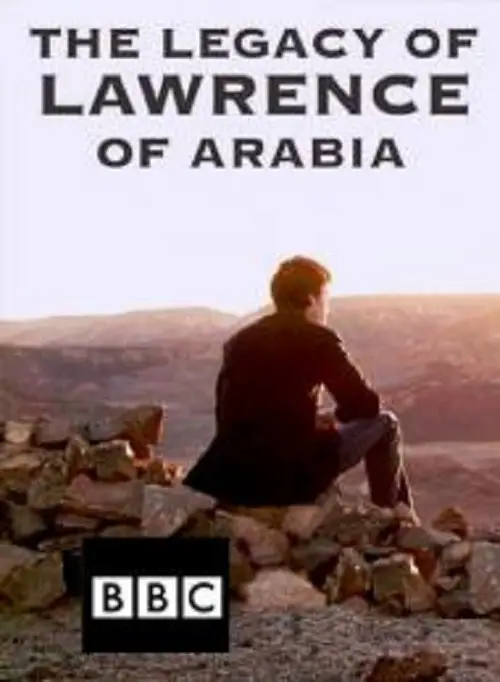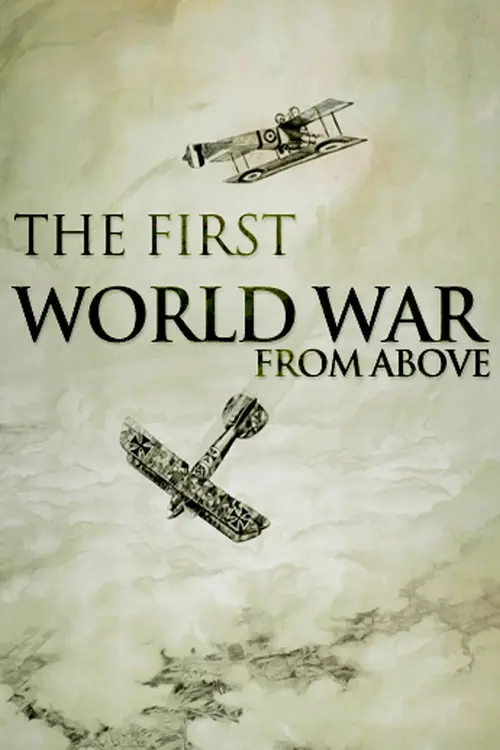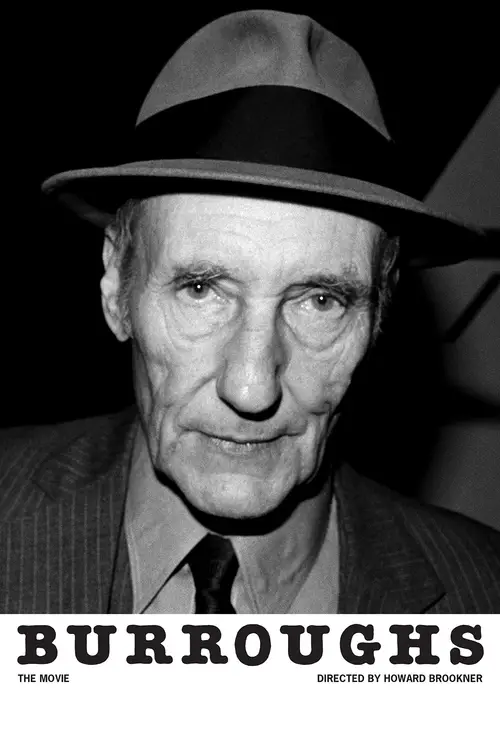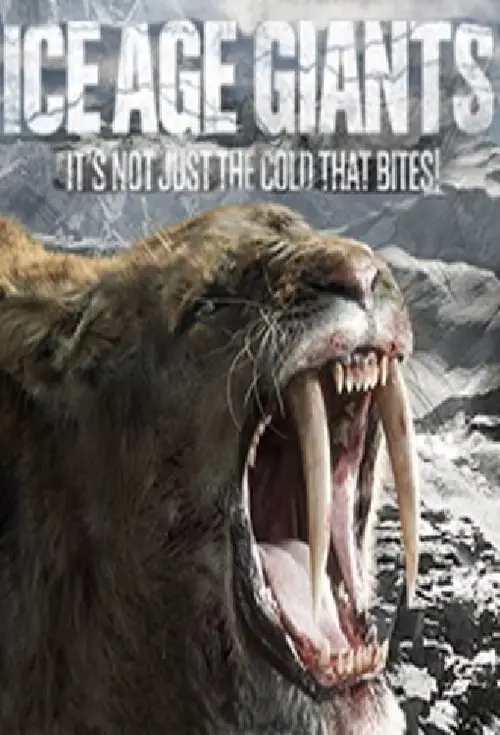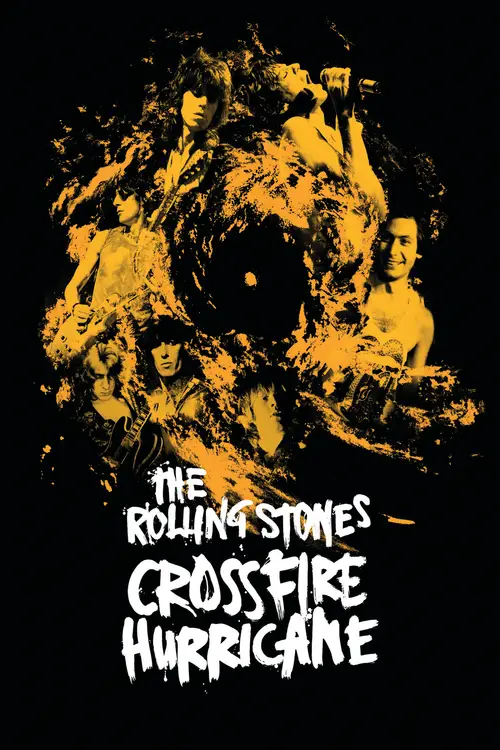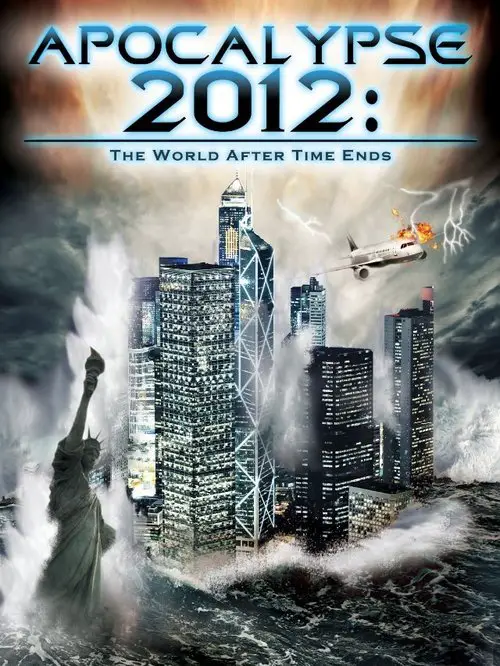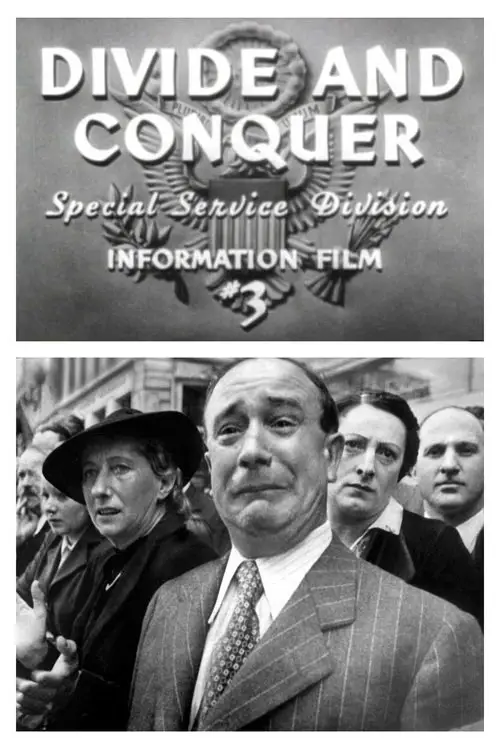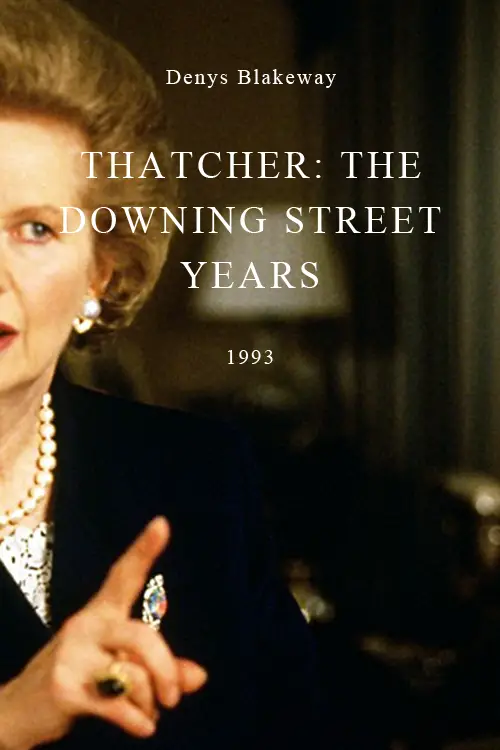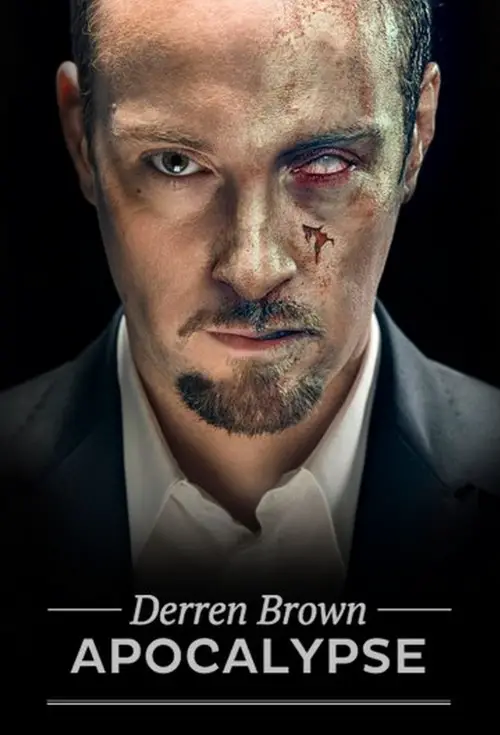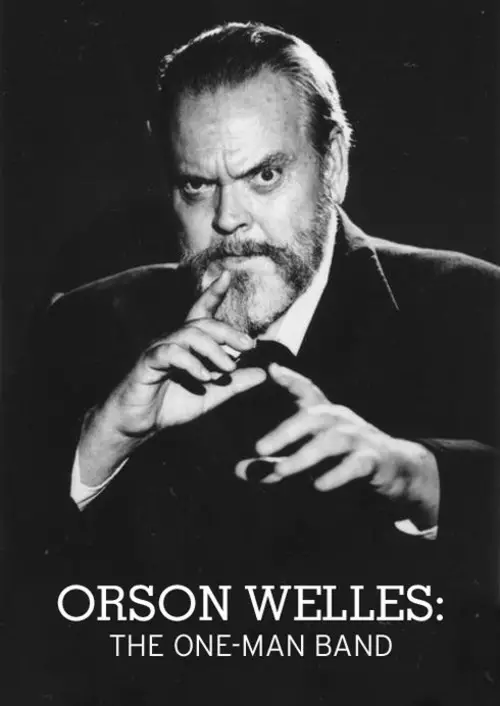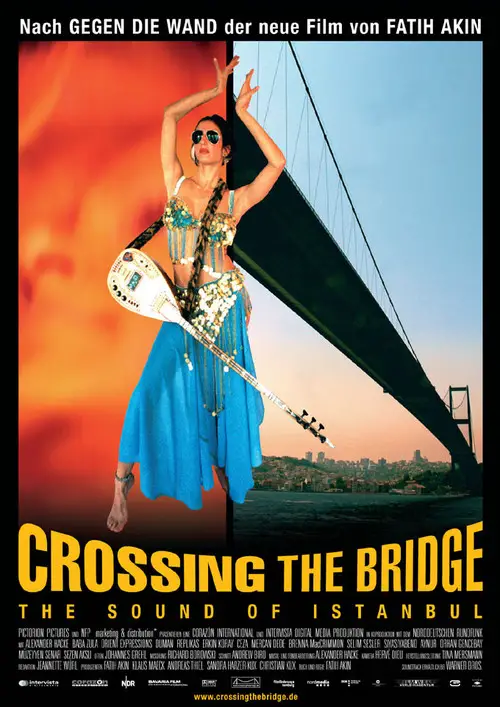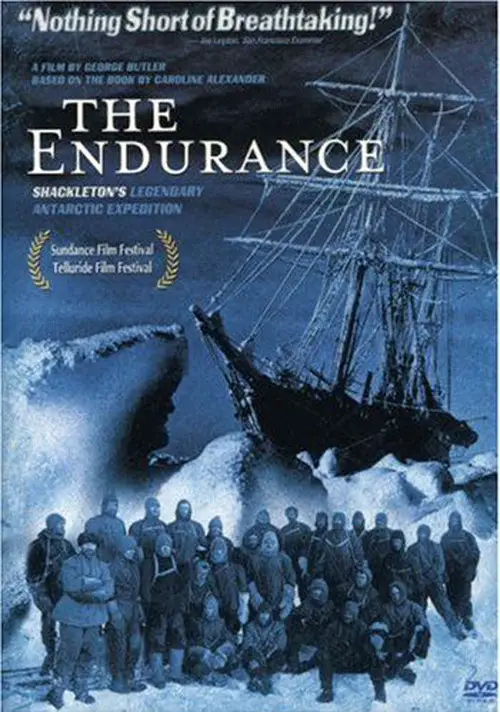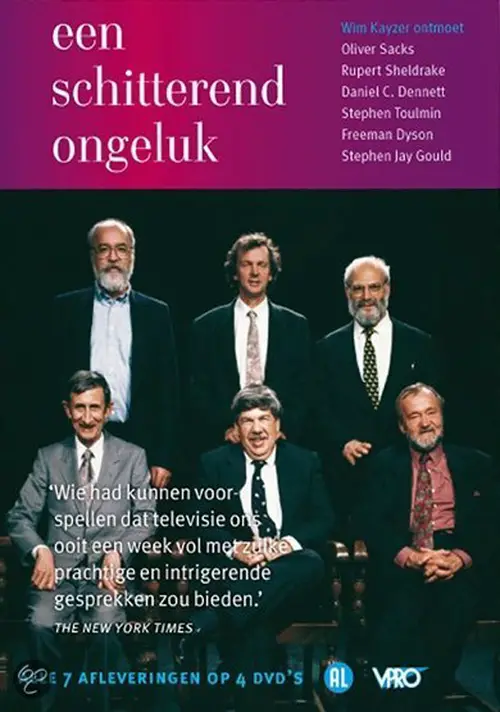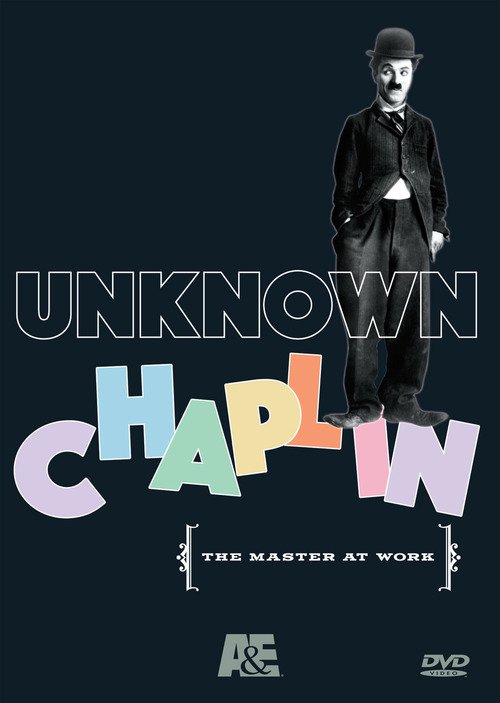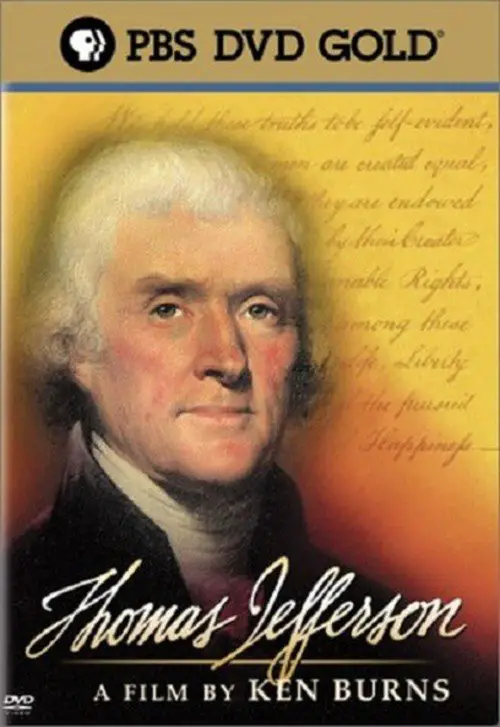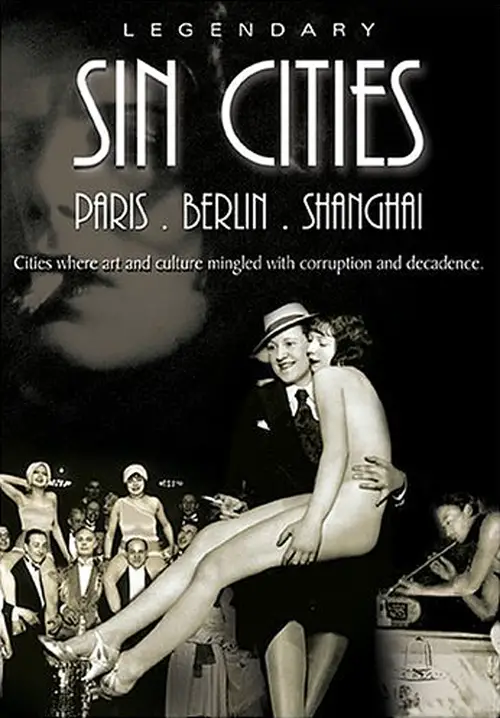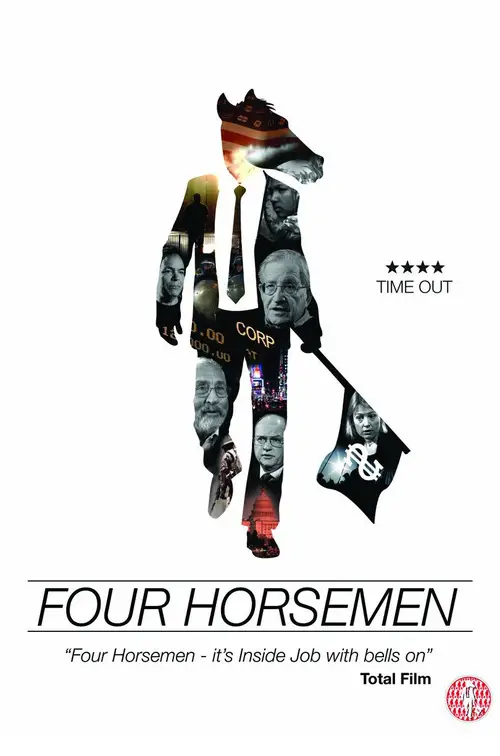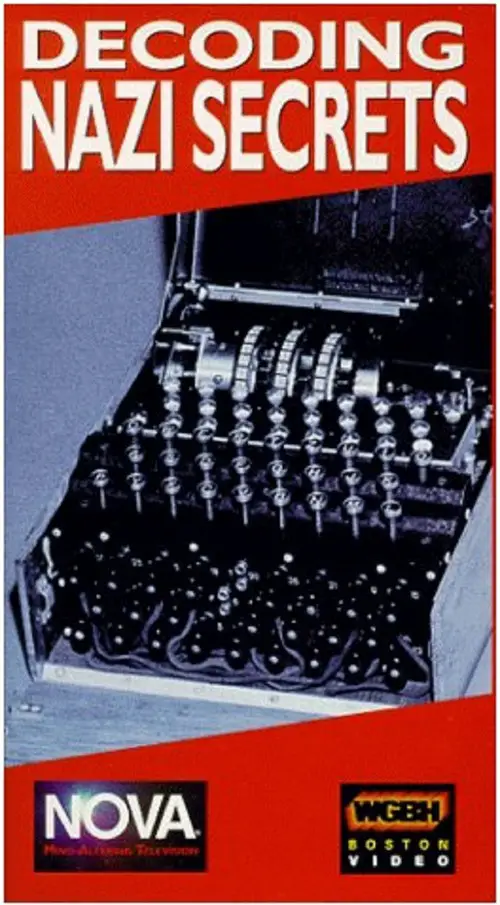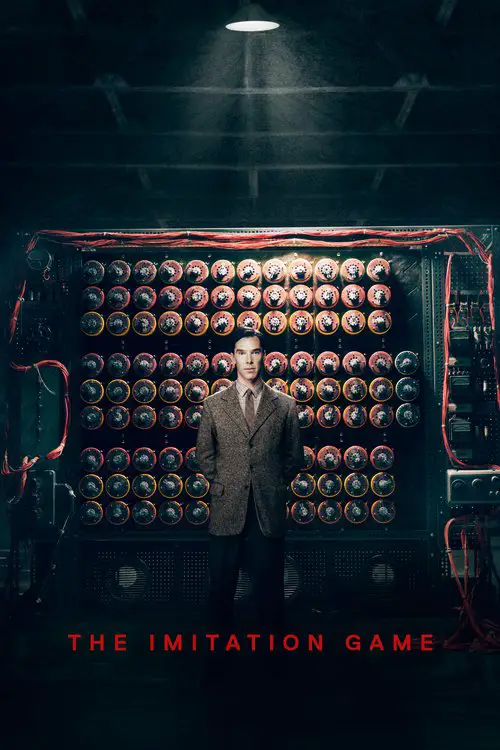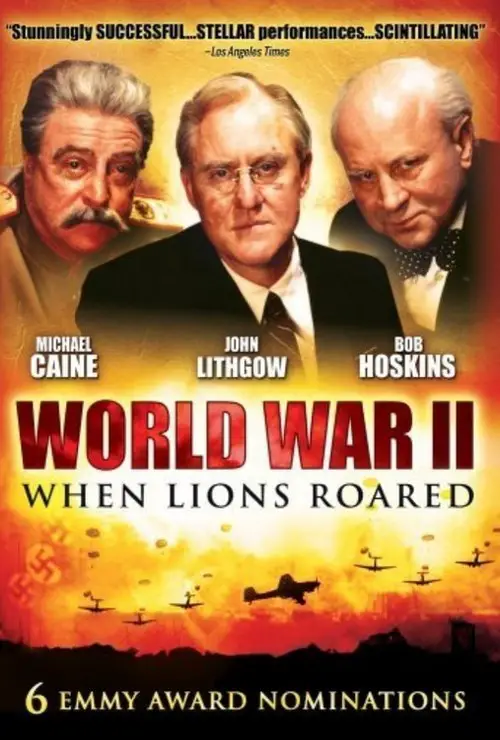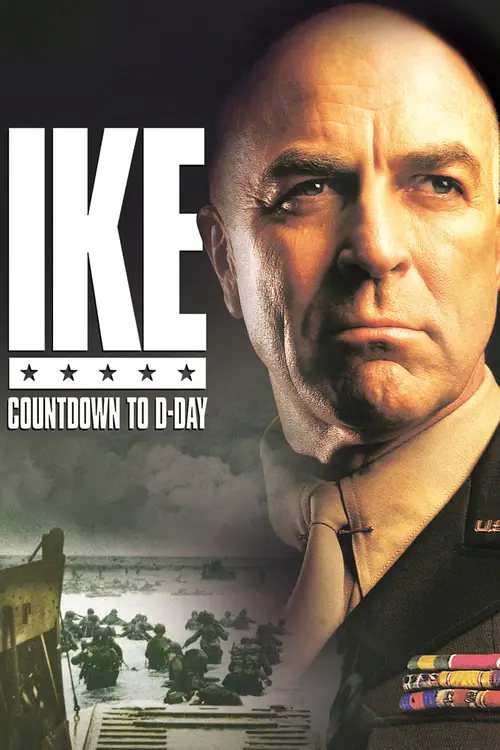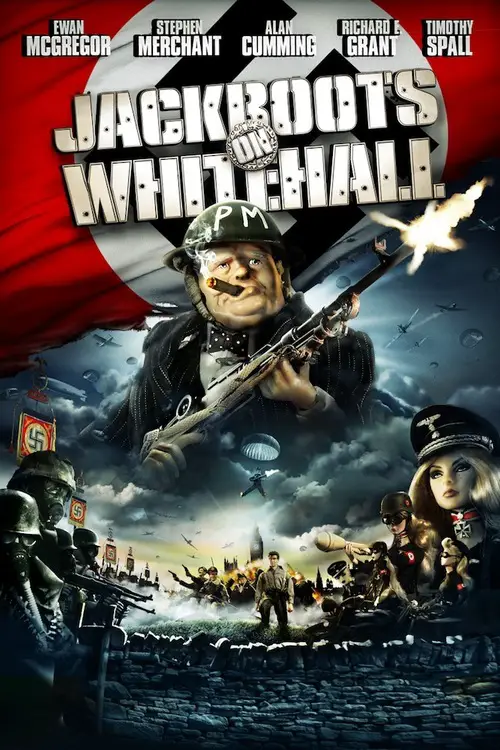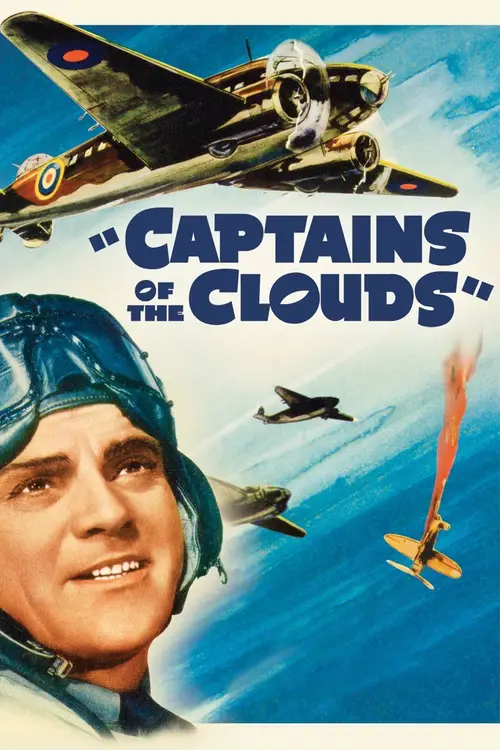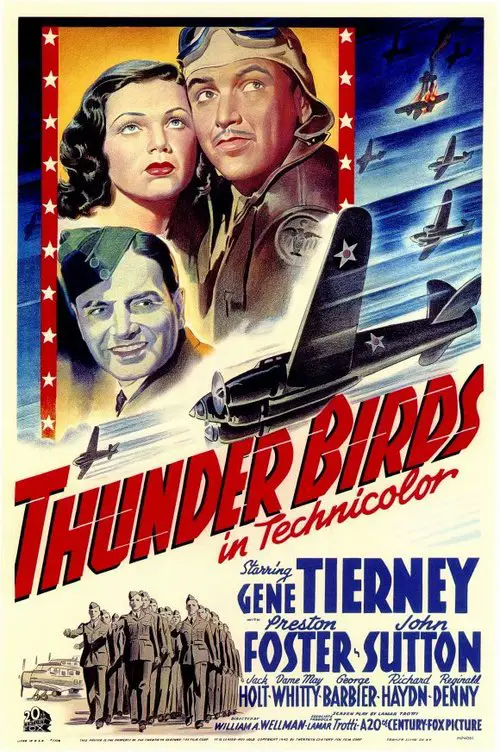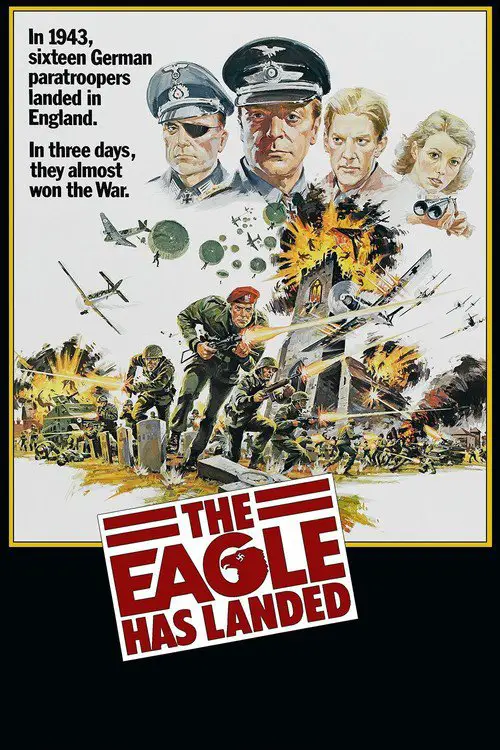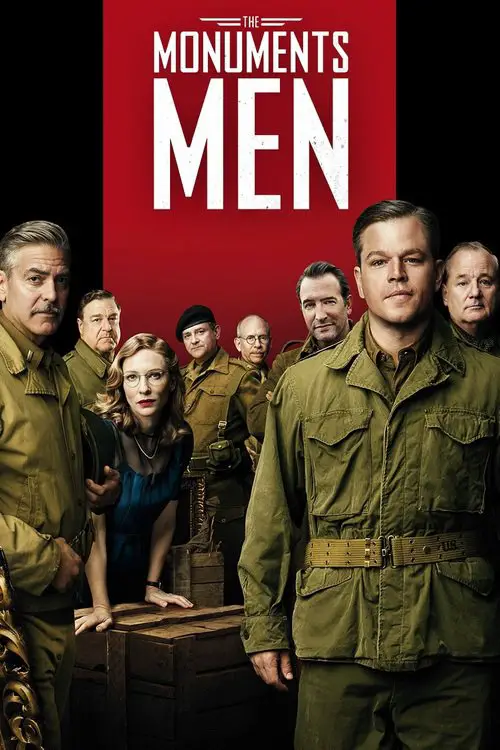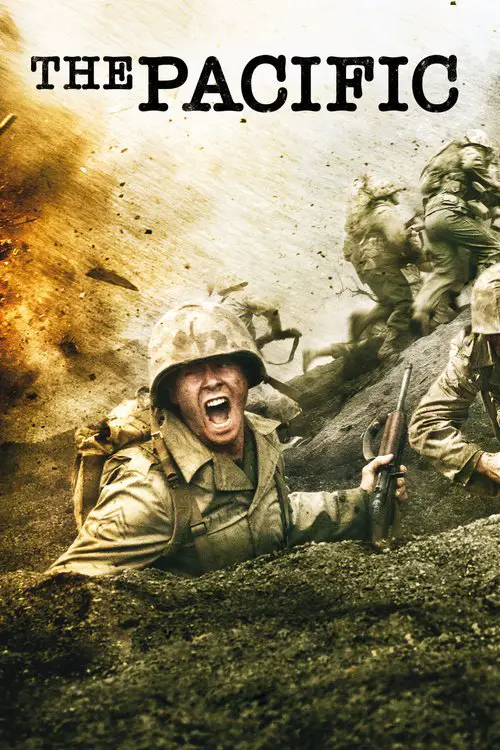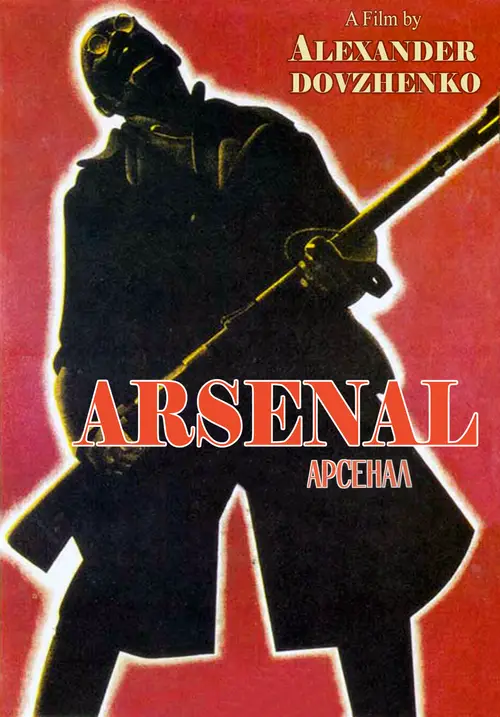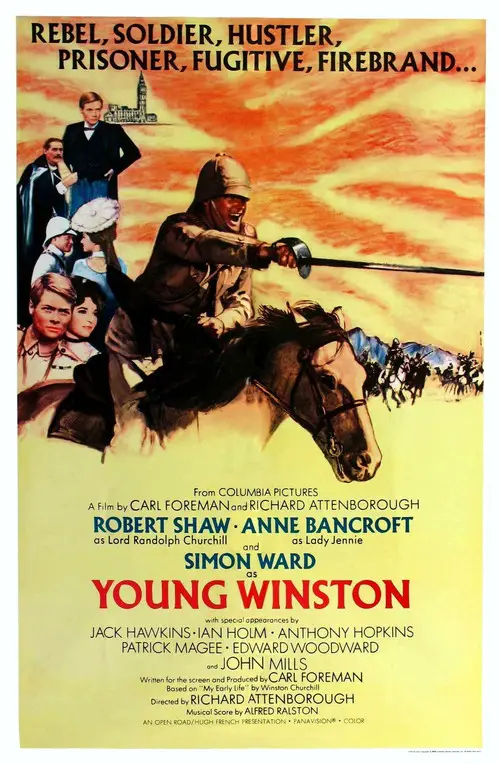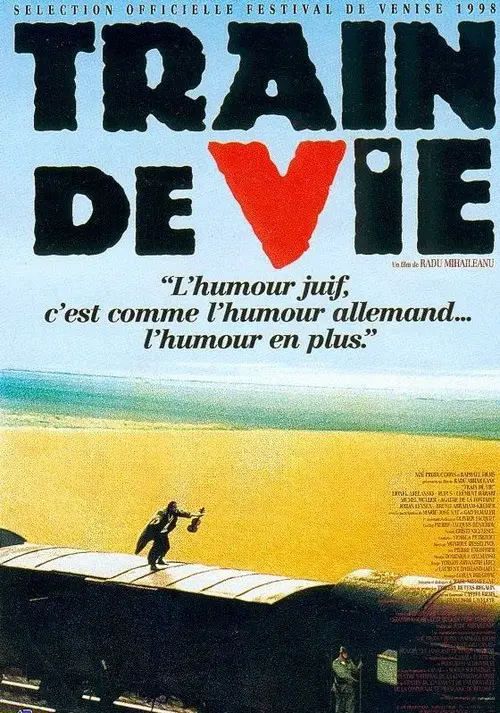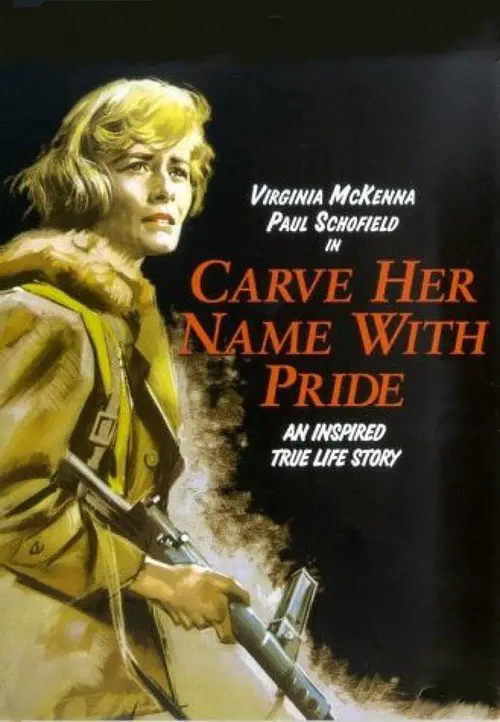Apocalypse: The First World War (2014)
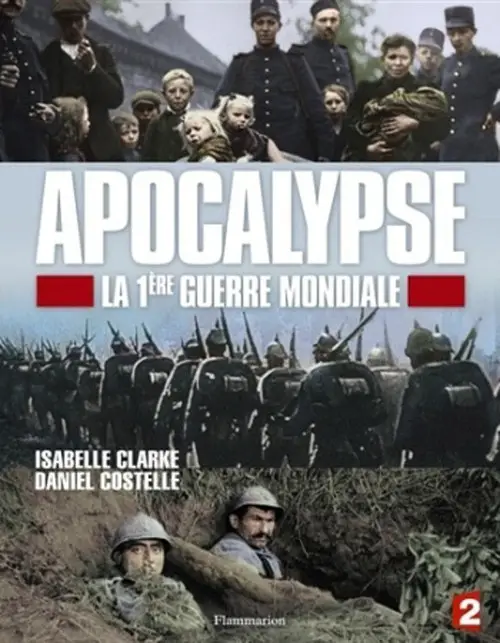
Similar movies
During World War II, a hand-picked group of American GI's undertook a bizarre mission: create a traveling road show of deception on the battlefields of Europe, with the German Army as their audience. The 23rd Headquarters Special Troops used inflatable rubber tanks, sound trucks, and dazzling performance art to bluff the enemy again and again, often right along the front lines. Many of the men picked to carry out these dangerous deception missions were artists. Some went on to become famous, including fashion designer Bill Blass. In their spare time, they painted and sketched their way across Europe, creating a unique and moving visual record of their war. Their secret mission was kept hushed up for nearly 50 years after the war's end.
Documentary-drama recounting the Martian War of 1913 - 1917. Europe was on tenterhooks in the 2nd decade of the 20th century, everyone was expecting a Great War between the major European powers. But then, in 1913, something crashed into the forests of SW Germany. Troops were sent to investigate but were wiped out. Martian fighting machines began making their way across Western Europe and the countries of Europe combined forces to resist them. With aspects taken from "The War of the Worlds" by H.G. Wells and from WWI itself, this dramatisation presents a documentary style look at events as they unfolded and the effect they had of our world today. Lots of references to real events including the mass attacks and defeats as men were thrown against machines on the Western front, the Christmas truce and the Angel of Mons, America's isolationism and late entry into the conflict, the worldwide "Spanish" flu epidemic that killed more people than the war, and many other things.
Brothers Colin and Ewan McGregor follow up their documentary The Battle of Britain with a film exploring Bomber Command, a rarely told story from the Second World War. The film focuses primarily on the men who fought and died in the skies above occupied Europe, with numerous examples of individual heroism and extraordinary collective spirit, and Colin learns to fly the key aircraft of the campaign: the Lancaster bomber. But this is also the story of a controversy that has lasted almost 70 years. The program covers six years of wartime operations, and traces the obstacles and challenges that were overcome as the RAF developed and deployed the awesome fighting force that was Bomber Command.
Romm's "Ordinary Fascism" pulls out all the stops in its selection of documentary material to draw the viewer not only into absolute horror about fascism and nazism in the 1920s-1940s Europe, but also to a firmest of convictions that nothing of the sort should be allowed to happen again anywhere in the world.
Walking With Destiny highlights Churchill's years in the political wilderness, his early opposition to Adolf Hitler and Nazism, and his support for Jews under threat by the Nazi regime. As historian John Lukacs explains, Churchill may not have won the War in 1940, but without him, the War most certainly would have been lost. Sir Martin Gilbert, historical consultant for the film and Churchill's official biographer, adds that had Churchill's warnings about Nazi Germany's racial policies towards Jews been heeded in the early 1930's, the Holocaust may never have occurred. The film examines why Winston Churchill's legacy continues to be relevant in the 21st Century and explores why his leadership remains inspirational to current day political leaders and diplomats.
The Mayan calendar predicts that the world will end in 2012, and many believe it's true. This Emmy-nominated Discovery Channel documentary illustrates the variety of ways the apocalypse could arrive in. True believers will learn how volcanic eruption, widespread plague, deadly asteroids, neighboring stars, and nuclear and biological weapons could each bring about the extinction of humankind.
This landmark documentary film by Paul Elston tells the incredible story of how it was the British who gave the Japanese the knowhow to take out Pearl Harbor and capture Singapore in the World War 2. For 19 years before the fall of Singapore in 1942 to the Japanese, British officers were spying for Japan. Worse still, the Japanese had infiltrated the very heart of the British establishment - through a mole who was a peer of the realm known to Churchill himself.
Harold Camping sounded the alarm. May 21, 2011 was to be Judgment Day, God's intervention into our worldly affairs. The end is coming right now! Or, perhaps a little later. Apocalypse Later traces the roots of end times predictions from the Book of Daniel to the historical Jesus and lastly to Paul, the greatest of the Apostles.
Ep1 - Africa Africa is the cradle of humanity, it is land born from violent, cataclysmic events. Ep2 - Eurasia Europe and Asia; geologically they are part of the same vast landmass, Eurasia. Shaped by a series of collisions, mountain ranges have been pushed up, valleys created and a once great ocean has come and gone. Ep3 - The Americas From the bedrock the Empire State Building is built on, to the Spanish empires in South America, the two land masses of North and South America are linked by geology and history. Ep4 - Australia Australia was once part of a super-continent and its deserts were covered in forests. Once joined to Antarctica, it split off and moved northwards into warmer climes, whilst Antarctica became an icy wasteland.
Taking Liberties Since 1997is a documentary film about the erosion of civil liberties in the United Kingdom and increase of surveillance under the government of Tony Blair. It was released in the UK on 8th June 2007. The director, Chris Atkins, said on 1 May that he wanted to expose "the Orwellian state" that now threatened Britain as a result of Mr Blair's policies.
In the First World War, T.E Lawrence helped to unite feuding Arab tribes into a formidable guerrilla army which helped to topple the Ottoman Empire. But today Lawrence has an extraordinary new relevance. His experiences of defeating a foreign military occupation, and of leading an insurgency, have led to him being held up as the man who cracked fighting in the Middle East. Lawrence had aimed, he said, âto write his will across the skiesâ and build a new independent Arab nation, but in these two films Rory Stewart shows how Lawrence felt his dream ended in catastrophe and shame. Drawing a comparison between Lawrence's experience and today, Rory explains how Lawrence came to the conclusion that foreign military interventions in the Middle East are fundamentally unworkable. He concludes, 'Looking at Iraq and Afghanistan today, I believe very strongly that Lawrence's message would not have been do it better, do it more sensitively, but don't do it at all.'.
The story of the Great War told from a unique new aerial perspective. Featuring two remarkable historical finds, including a piece of archive footage filmed from an airship in summer 1919, capturing the trenches and battlefields in a way that has rarely been seen before. It also features aerial photographs taken by First World War pilots - developed for the first time in over ninety years - that show not only the devastation inflicted during the fighting, but also quirks and human stories visible only from above.
Alan Turing is the genius British mathematician who was instrumental in breaking the German naval Enigma Code during World War II, arguably saving millions of lives. Turing's achievements went unrecognised during his lifetime. Instead he ended up being treated as a common criminal, for being homosexual at a time when homosexual acts were a crime. In 1952, he was convicted of 'gross indecency' with another man and was forced to undergo so-called 'organo-therapy' - chemical castration. Two years later, he killed himself with cyanide, aged just 41. Alan Turing was driven to a terrible despair and early death by the nation he'd done so much to save.
Burroughs: The Movie is the first and only documentary to be made about and with the full participation of writer William S. Burroughs. Howard Brookner began shooting the film in 1978 as his senior thesis at NYU; with Burroughsâ cooperation it subsequently expanded into a feature completed 5 years later in 1983. The film was shot by Tom DiCillo and the sound was recorded by Jim Jarmusch; both NYU classmates. In a collaboration between Burroughs and director Howard Brookner the film explores Burroughsâ life story along with many of his contemporaries including Allen Ginsberg, Brion Gysin, Francis Bacon, Herbert Huncke, Patti Smith, Terry Southern, and Lauren Hutton. Burroughs: The Movie documents Burroughsâ long, controversial and productive life in great detail, film traveling from the American Midwest to North Africa, through defining moments of his wildly unconventional life, including several personal tragedies, charting the development of Burroughsâ unique literary style.
Professor Alice Roberts journeys 40,000 years back in time on the trail of the great beasts of the Ice Age in this BBC documentary miniseries. It begins in the land of the sabre-tooth; North America, a continent that was half covered by ice. Alice traces the movements of Ice Age beasts like bear-sized sloths, vast mammoths and the strange beast known as the glyptodon. These leviathans were stalked by the meanest big cat that ever: Smilodon fatalis. In the Land of the Cave Bear, Alice ventures to the parts of the northern hemisphere, hit hardest by the cold. High in the mountains of Transylvania, a cave sealed for thousands of years reveals grisly evidence for a fight to the death between two staving giants, a cave bear and a cave lion. Yet Alice discovers that for woolly rhinos and woolly mammoths, the Ice Age created a bounty. In the final installment, Alice sets off on her last voyage back to the Ice Age to discover why the giants of the age went extinct.
This film is released as part of the ongoing 50th anniversary celebration of the Rolling Stones. It tells the story of the Stones' unparalleled journey from blues obsessed teens in the early 60s to their undisputed status as rock royalty. All of the Stones have been newly interviewed and their words form the narrative arc that links together archive footage of performances, news coverage, and interviews, much of it previously unseen. Taking its title from a lyric in "Jumpin' Jack Flash," this film gives the viewer an intimate insight into exactly what it's like to be part of the Rolling Stones as they overcome denunciation, drugs, dissensions, and death to become the definitive survivors. Over a year in the making and produced with the full cooperation and involvement of the Stones, this film is and will remain the definitive story of the world's greatest rock 'n' roll band
Apocalypse 2012: The World After Time Ends is a documentary that revives humanity's ancient spiritual past with Native American spiritualists, secular prophets, environmentalists, healers and leaders in the sustainability movement. From stories by Sequoyah Trueblood, a former Green Beret and Choctaw medicine man, to the eco-visionary insights of environmentalist Dr. John Todd, this DVD will challenge the world to rethink, regroup and revive the ancient spiritual paths.
Fueled by a raging libido, Wild Turkey, and superhuman doses of drugs, Thompson was a true "free lance, " goring sacred cows with impunity, hilarity, and a steel-eyed conviction for writing wrongs. Focusing on the good doctor's heyday, 1965 to 1975, the film includes clips of never-before-seen (nor heard) home movies, audiotapes, and passages from unpublished manuscripts.
Apocalypse unleashes Derren Brown's most audacious plan yet - to convince one person that the planet has been devastated by a catastrophic meteorite strike, that lethal infected now roam the land and he is one of a mere handful of survivors. Our 'survivor' is someone who takes life for granted, and has yet to truly value what he has. The adventure that awaits him is meticulously crafted to give him the ultimate wake-up call, and teach him valuable life-lessons. Will he rise to the challenge?
Documentary on the Shackleton Antartic expedition. A retelling of Sir Ernest Shackleton's ill-fated expedition to Antarctica in and the crew of his vessel 'The Endurance', which was trapped in the ice floes and frigid open ocean of the Antarctic in 1914. Shackleton decided, with many of his crew injured and weak from exposure and starvation, to take a team of his fittest men and attempt to find help. Setting out in appalling conditions with hopelessly inadequate equipment, they endured all weather and terrain and finally reached safety. Persuading a local team of his confidence that the abandoned team would still be alive, he set out again to find them. After almost 2 years trapped on the ice, all members of the crew were finally rescued.
At 14, best friends Robb Reiner and Lips made a pact to rock together forever. Their band, Anvil, hailed as the "demi-gods of Canadian metal, " influenced a musical generation that includes Metallica, Slayer, and Anthrax,. Following a calamitous European tour, Lips and Robb, now in their fifties, set off to record their 13th album in one last attempt to fulfill their boyhood dreams
The Price of Sex is a documentary about young Eastern European women whoâve been drawn into a netherworld of sex trafficking and abuse. Intimate, harrowing and revealing, it is a story told by the young women who were supposed to be silenced by shame, fear and violence. Photojournalist Mimi Chakarova, who grew up in Bulgaria, takes us on a personal investigative journey, exposing the shadowy world of sex trafficking from Eastern Europe to the Middle East and Western Europe. Filming undercover and gaining extraordinary access, Chakarova illuminates how even though some women escape to tell their stories, sex trafficking thrives.
One of the most interesting shows ever aired on public television was Wim Kayzer's interviews with six leading intellectuals who represented both the mainstream academic (Stephen J. Gould, Freeman Dyson and Stephen Toulmin) and more or less, as it were, "eccentric" outside the box groundbreaking intellectuals (Oliver Sacks and Rupert Sheldrake). Kayzer interviews each of them (and philosopher Daniel Dennett) individually and then has the entire group sit in a kind of round-table seminar that he moderates and lets the ideas fly.
Wild Man Blues is a 1998 documentary film directed by Barbara Kopple, about the musical avocation of actor/director/comic Woody Allen. The film takes its name from a jazz composition sometimes attributed to Jelly Roll Morton and sometimes to Louis Armstrong and recorded by both (among others). Allen's love of early 20th century New Orleans music is depicted through his 1996 tour of Europe with his New Orleans Jazz Band. Allen has played clarinet with this band for over 25 years. Although Allen's European tour is the film's primary focus, it was also notable as the first major public showcase for Allen's relationship with Soon-Yi Previn.
Of all the remarkable events of this century perhaps the most fascinating has been the spontaneous growth, flowering and then decay of a handful of great cities. These cities were places where art, culture and political liberties co-mingled with corruption, brutality and decadence. Everything and just about anyone could be bought and sold. The immigrant would struggle beside the artist. Gamblers, thieves and prostitutes co-habited with soul-savers, the rich and the powerful. The exhilarating combination of the seamy with the sublime made these places a magnet for all the lost souls and refugees of the world. Pushing the limits of tolerance and freedom, they defined the social, political and sexual culture of the 20th century. Their names ring out: Paris of the '20s, Berlin of the '20s and '30s and Shanghai of the '30s.
By mid-1940, Hitler had conquered all of Northern Europe and now Britain was under seige by air and U-boat; something had to be done or defeat was inevitable. Winston Churchill established an eccentric group of codebreakers at Betchley Park comprised of British and American mathematicians, chess and crossword fanatics and even students to unlock the secrets of the Nazi's encryption device, the Enigma. Written by M. Gosse
Based upon the actual cables between Washington, London and Moscow during the Second World War, this TV-movie examines the relationship between the leaders of these countries throughout the conflict. Franklin D. Roosevelt (John Lithgow), Winston Churchill (Bob Hoskins) and Joseph Stalin (Michael Caine), spring to life as real but imperfect people who nevertheless are great leaders fighting a great war.
This is the story of the senior-level preparations for the D-Day invasion on June 6, 1944 from the time of Dwight D. Eisenhower's appointment as the Supreme Allied Commander in Europe, to the establishment of the beachhead in Normandy. The film recounts many of the trials and tribulation Ike had to face, not the least of which were the many prima donnas surrounding him (Patton, Montgomery and especially de Gaulle) and the need for tact and diplomacy to bring all sides together for what would be the largest amphibious assault ever attempted.
On a secluded base in Arizona, veteran World War I pilot Steve Britt trains flyers to fight in World War II. One of his trainees, Englishman Peter Stackhouse, competes with Britt for the affections of Kay Saunders, the daughter of a local rancher. Despite their differences, Britt makes sure Sutton passes his training and becomes a combat pilot -- even though he loses Kay to the young man in the process.
Based on the true story of the greatest treasure hunt in history, The Monuments Men is an action drama focusing on seven over-the-hill, out-of-shape museum directors, artists, architects, curators, and art historians who went to the front lines of WWII to rescue the worldâs artistic masterpieces from Nazi thieves and return them to their rightful owners. With the art hidden behind enemy lines, how could these guys hope to succeed?
Doctor Zhivago is the filmed adapation of the Russian novel by Boris Pasternak from director David Lean that was an international success and today deemed a classic. Omar Sharif and Julie Christie play two protagonists who in fact love each other yet because of their current situation cannot find a way be together.
A veteran sergeant of the World War I leads a squad in World War II, always in the company of the survivor Pvt. Griff, the writer Pvt. Zab, the Sicilian Pvt. Vinci and Pvt. Johnson in Vichy French Africa, Sicily, D-Day at Omaha Beach, Belgium and France, ending in a concentration camp in Czechoslovakia where they face the true horror of war.
Violette Bushell is the daughter of an English father and a French mother, living in London in the early years of World War 2. She meets a handsome young French soldier in the park and takes him back for the family Bastille day celebrations. They fall in love, marry and have a baby girl when Violette Szabo receives the dreaded telegram informing her of his death in North Africa. Shortly afterwards, Violette is approached to join the SOE (Special Operations Executive). Should she stay and look after her baby or "do her duty" ?
© Valossa 2015–2026
| Privacy Policy
